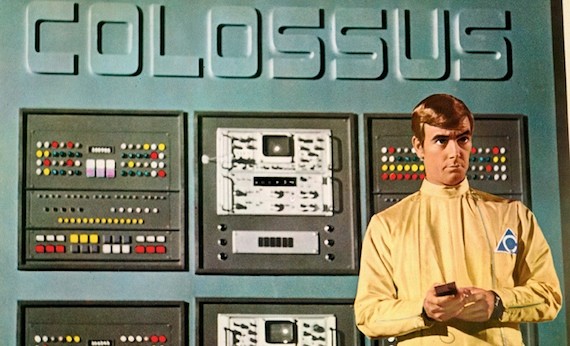Superintelligence could be the death of us, but it’s also possible we don’t survive without an extreme boost to our IQ. Or maybe I’m overreacting to the potential of the U.S. nuclear codes resting in the small hands of an undisciplined ignoramus who sniffs like a cokehead in a pepper factory.
Seriously, some of the existential risks we’ll encounter may only be mitigated by far greater intelligence than we currently possess. So, do we face them with what are powerful if dangerous tools, or do we opt to proceed “unarmed,” if that clear choice even exists?
In the smart article “We’re Not Ready For Superintelligence,” Phil Torres of Vice makes clear where he stands on the issue. An excerpt:
For those who pay attention to the news, superintelligence has been a topic of interest in the popular media at least since the Oxford philosopher Nick Bostrom published a surprise best-seller in 2014 called—you guessed it—Superintelligence.
Major figures like Bill Gates, Elon Musk, and Stephen Hawking subsequently expressed concern about the possibility that a superintelligent machine of some sort could become a less-than-benevolent overlord of humanity, perhaps catapulting us into the eternal grave of extinction.
[Neuroscientist Sam] Harris is just the most recent public intellectual to wave his arms in the air and shout, “Caution! A machine superintelligence with God-like powers could annihilate humanity.” But is this degree of concern warranted? Is Harris as crazy as he sounds? However fantastical the threat of superintelligence may initially appear, a closer look reveals that it really does constitute perhaps the most formidable challenge that our species will ever encounter in its evolutionary lifetime.
Ask yourself this: what makes nuclear, biological, chemical, and nanotech weapons dangerous? The answer is that an evil or incompetent person could use these weapons to inflict harm on others. But superintelligence isn’t like this. It isn’t just another “tool” that someone could use to destroy civilization. Rather, superintelligence is an agent in its own right.•


